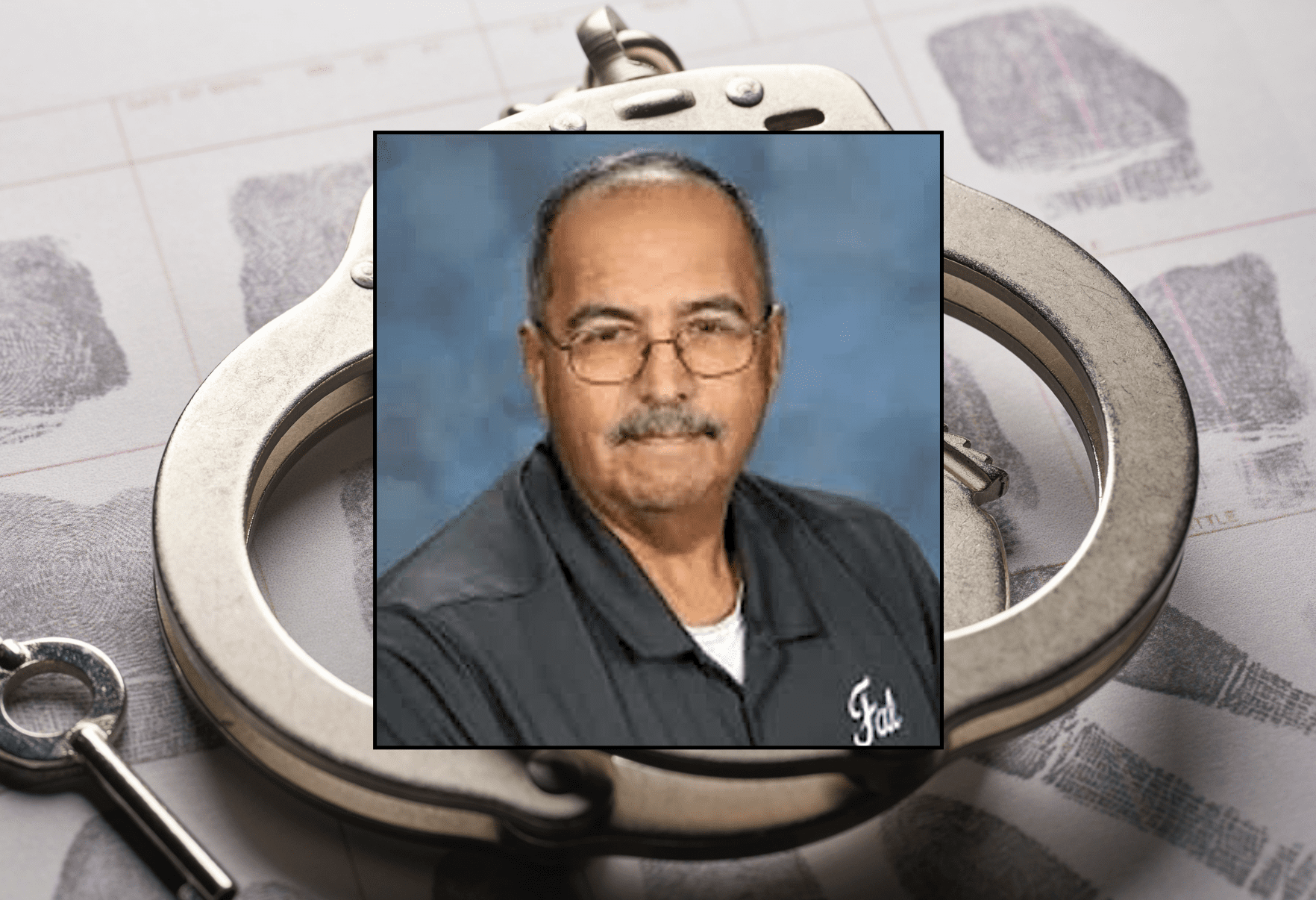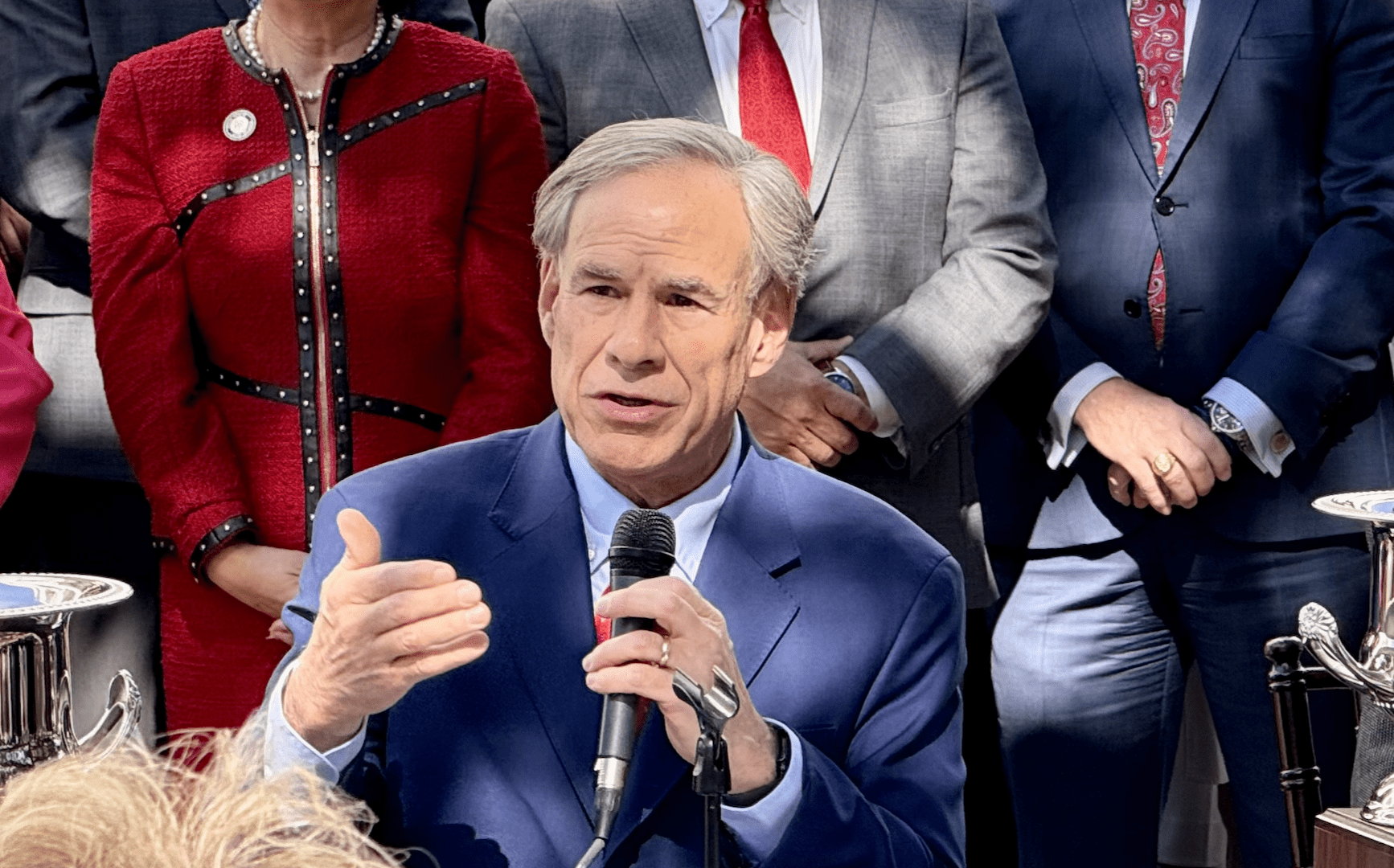A Dallas County bureaucracy brought down by official corruption, mismanagement, and debilitating debt has finally been dissolved. July 31 marked the end of Dallas County Schools, the school bus agency one state lawmaker called “the worst government bureaucracy in our state.”
But millions in debt piled up by corrupt officials, under the noses of inept bureaucrats, remains.
A years-long criminal money laundering conspiracy that went seemingly unnoticed by most DCS officials until the agency was on the verge of collapse left Dallas County taxpayers on the hook for over $125 million.
Dallas County residents voted to shut down the scandal-plagued bus bureaucracy last November. Since then, a dissolution committee has been working to wind down the agency, transfer buses and other assets to area school districts, and figure out how to pay off the mountain of debt left behind.
County taxpayers will continue to pay the one-cent ad valorem property tax dedicated to subsidizing the now-defunct agency until all its obligations are settled.
The dissolution committee also filed a civil racketeering lawsuit seeking to recoup taxpayer money that was illegally funneled to corrupt officials and others involved in the conspiracy. Under federal racketeering statutes, plaintiffs can recover triple damages.
“I’m hopeful that we will get some money back,” said Alan King, chief executive officer of the dissolution committee. “The amount of money that they’ve lost is just staggering.”
“It was a conspiracy of a number of defendants and individuals that involved bribes, kickbacks, real estate fees and commissions paid,” added Stephanie Curtis, an attorney for the DCS dissolution committee.
The lawsuit’s targets include former DCS Superintendent Rick Sorrells, former DCS President Larry Duncan, and current Dallas Mayor Pro Tem Dwaine Caraway, along with Louisiana-based school bus camera company Force Multiplier Solutions and its CEO Robert Leonard. A failed stop-arm camera ticketing scheme hatched by Leonard and then-Superintendent Sorrells back in 2010 precipitated the agency’s financial collapse.
Leonard’s associate Slater Swartwood, Sr. is also named in the suit. He was the first to be indicted on criminal charges in the DCS case, late last year. He pleaded guilty to federal money laundering conspiracy charges and gave federal prosecutors details of the multi-year conspiracy. Swartwood was the middle man who helped funnel millions of dollars in bribes and kickbacks from Leonard and Force Multiplier to Sorrells “in return for further agreements and camera-equipment orders.”
Sorrells repeatedly denied any wrongdoing, but once Swartwood confessed, Sorrells admitted he abused his position to swindle taxpayers out of millions of dollars. As superintendent, Sorrells awarded $70 million in contracts to Force Multiplier in exchange for $3 million in bribes and kickbacks. He used the money to fund a lavish lifestyle that featured luxury vacations, expensive sports cars, and fancy jewelry. Sorrells pleaded guilty in April to wire fraud and is set to be sentenced soon. He faces up to 20 years in prison.
Duncan, who was president of the DCS board when then-Superintendent Sorrells and Leonard launched the stop-arm camera scheme, also denied wrongdoing. From 2012 to 2016, Duncan received nearly $250,000 in campaign contributions from Leonard and others connected with Force Multiplier that coincided with DCS board approvals of agreements with the company. Duncan claims the donations were legitimate, but it’s unclear why Louisiana residents would contribute to the campaign of a Dallas bureaucrat running unopposed. Duncan later gave some of that money to campaigns of other DCS board candidates, including Omar Narvaez, who’s now a Dallas City Council member.
Caraway is connected to DCS through Swartwood, who also brokered questionable real estate deals for DCS that cost taxpayers millions. Financial disclosures filed by Caraway in 2013 and 2014 show he was paid at least $50,000 to serve as a real estate “consultant” for Swartwood. Caraway also admits the money-launderer gave his family at least $20,000 in “loans” he was never asked to repay. In 2015, Caraway “passionately convinced the rest of city council” to vote in favor of DCS’s stop-arm camera ticketing scheme. Caraway is rumored to be eyeing a run for mayor in 2019, but his connection to the DCS scandal could derail those plans.
State Sen. Don Huffines (R–Dallas) led the legislative effort last year to abolish DCS.
“This is a huge victory for taxpayers and students, and for honesty, ethics, and transparency in government,” Huffines said following the agency’s closure. “As a watchdog for taxpayers, I worked hard and built a strong, bipartisan coalition to help end this corrupt, dangerous government bus bureaucracy that ripped-off taxpayers and endangered our students.”
Though the agency itself is gone, the turmoil left in its wake may take years to resolve, and who will pay remains to be seen. The criminal money-laundering conspiracy surrounding the corrupt bureaucracy is still the subject of an ongoing FBI investigation, and the DCS dissolution committee anticipates another five years before the agency’s financial obligations are satisfied.





